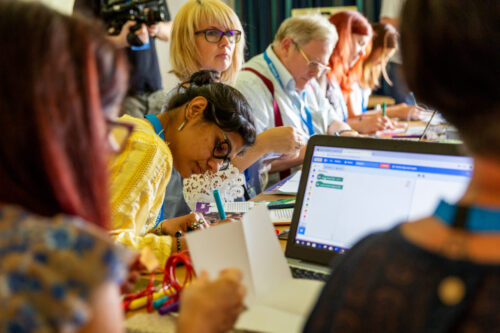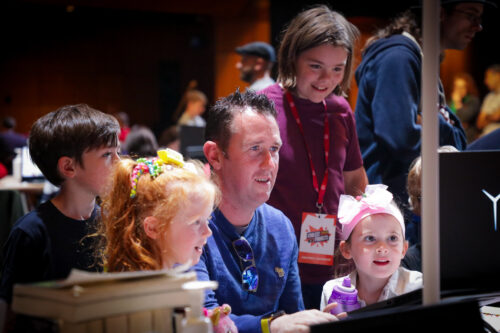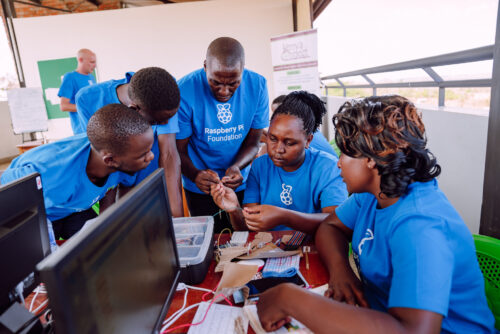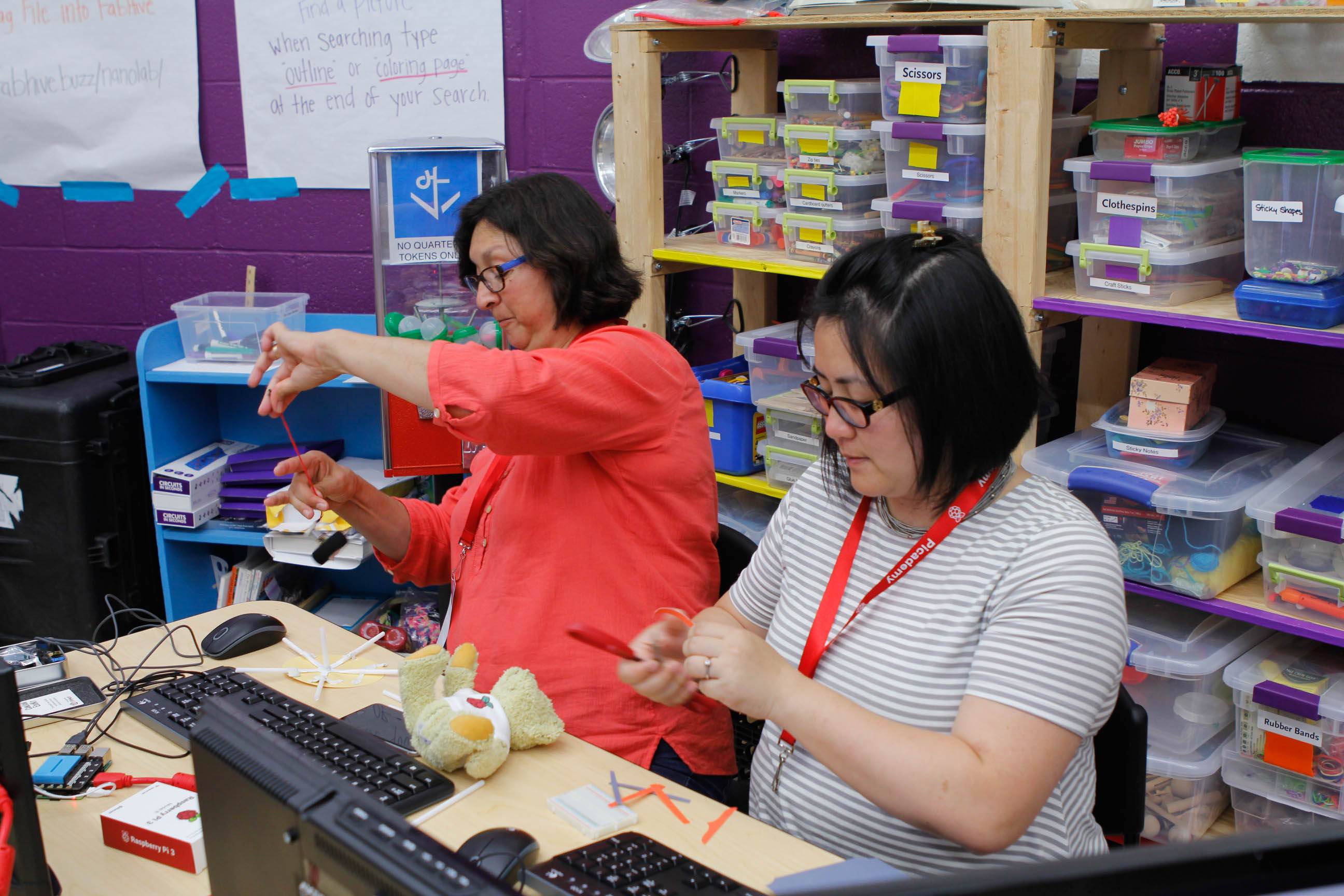Post Syndicated from Sway Grantham original https://www.raspberrypi.org/blog/free-online-courses-computing-education-updates-2023/
Since launching our free online courses about computing on the edX platform back in August, we’ve been training course facilitators and analysing the needs of educators around the world. We want every course participant to have a great experience learning with us — read on to find out what we’re doing right now and into 2024 to ensure this.

Online courses for all adults who support young people
Educators of all kinds are key for supporting children and young people to engage with computing technology and develop digital skills. You might be a professional teacher, or a parent, volunteer, youth worker, librarian… there are so many roles in which people share knowledge with young learners.

That’s why our online courses are designed to support any kind of educator to:
- Understand the full breadth of topics within computing
- Discover how to introduce computing to young people in clear and exciting ways that are grounded in the latest research
We are constantly improving our online courses based on your feedback, the latest education research, and the insights our team members gain through supporting you on your course learning journeys. Three principles guide these improvements: accessibility, scalability, and sustainability.
Making our courses more relevant and accessible
Our online courses are used by people who live around the world and bring various knowledge and experiences. Some participants are classroom teachers, others have computing experience from their job and want to volunteer at a kids’ coding club, and some may be parents who want to support their children. It’s important to us that our courses are relevant and accessible to all kinds of adult learners.

We’re currently working to:
- Simplify the English in the courses for participants who speak it as a second language
- Adapt the course activities for specific settings where participants help young people learn so that e.g. teachers see how the activities work in the classroom, and volunteers who run coding clubs see how they work in club sessions
- Ensure our course facilitators have experience in a range of different settings including coding clubs, and in a variety of different contexts around the world
Making our courses useful for more groups of people
When we think about the scalability of our courses, we think about how to best support as many educators around the world as possible. If we can make the jobs of all educators easier, whatever their setting is like, then we are making the right choices.

We’re currently working to:
- Talk with the global network of educators we’re a part of to better understand what works for them so we can reflect that in the courses
- Include a wider range of examples for settings beyond the classroom in the courses
- Adapt our courses so they are relevant to participants with various needs while sustaining the high quality of the overall learning experience
Making the learning from our courses sustainable
The educators who take our courses work to achieve amazing things, and this means they are often busy. That they take the time to complete one of our courses to learn new things is a commitment we want to make sure is rewarded. The learning you get from participating in our online courses should continue to benefit you far beyond the time you spend completing it. This is what we mean by sustainability.

We’re currently working to:
- Lay out clear learning pathways so you can build on the knowledge you gain in one course in the next course
- Offer course resources that are easy to access after you’ve completed the course
- Explore ways to build communities around our courses where you can share successes and learning outcomes with your fellow participants
Learn with us, and help us design better courses for you
Our work to improve the accessibility, scalability, and sustainability of our courses will continue into 2024, and these three principles will likely be part of our online training strategy for the following year too.
If you’d like to support young people in your life to learn about computing and digital technologies, take one of our free courses now and learn something new. We have twenty courses available right now and they are totally free.
We are also looking for adult testers for new course content. So if you’re any kind of educator and would like to test upcoming online course content and share your feedback and experiences, please send us a message with the subject ‘Educator training’.
The post Evolving our online courses to help more people be computing educators appeared first on Raspberry Pi Foundation.
